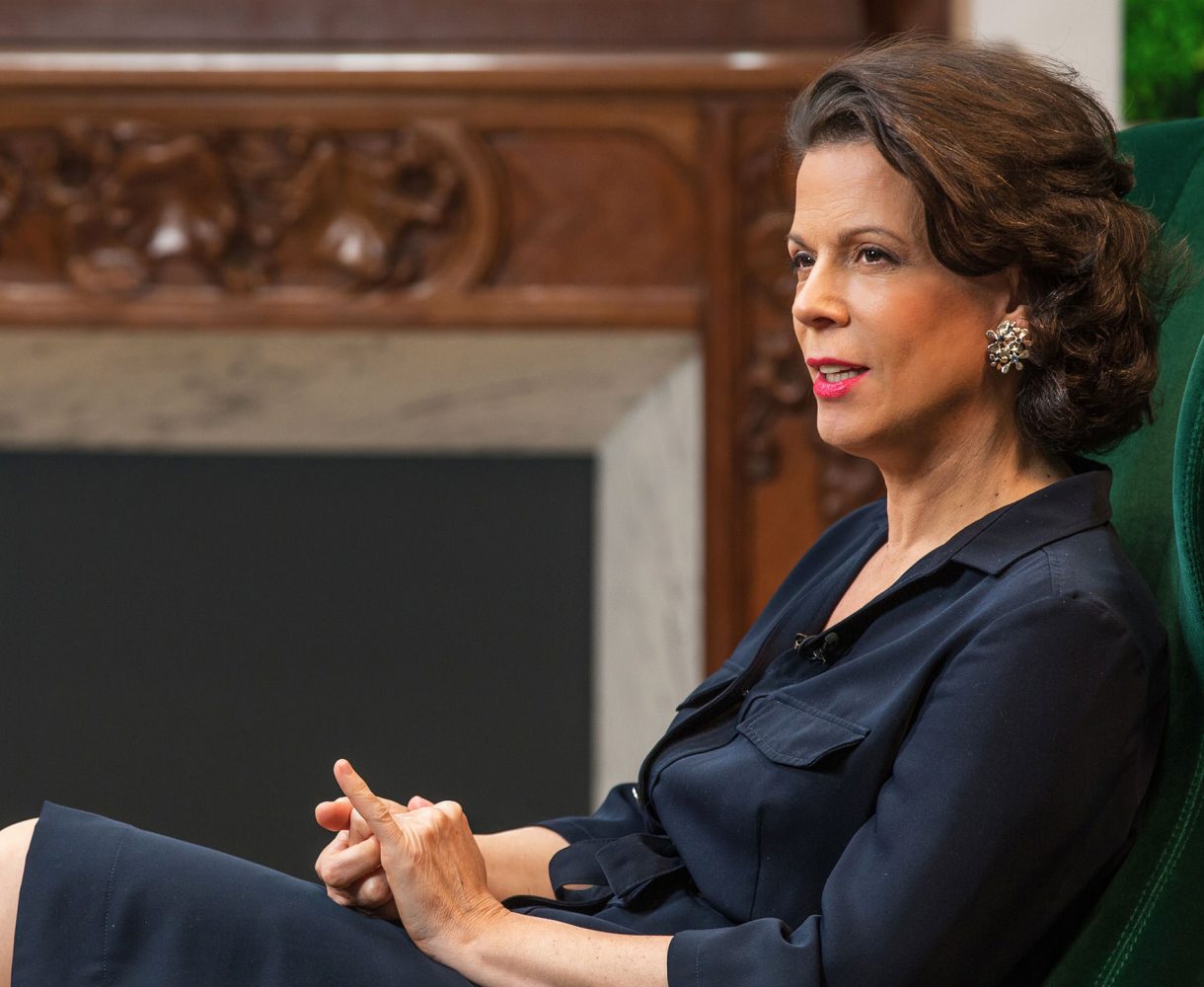
More commited to the environment and society than ever before
In 2013, L’Oréal announced ambitious goals with its sustainable development programme for 2020, Sharing Beauty With All. This programme began a deep-seated transformation of the Group’s economic model and led to significant advances. For example, the Group has reduced its carbon emissions from industrial activities by 81% and its water consumption per unit of finished product by 49%. L’Oréal has also improved the environmental and social profile of 96% of its new and renovated products this year. And thanks to our solidarity programmes, we also helped 100,000 people in vulnerable communities get jobs. A major transformation of all Group business segments enabled every employee to contribute to these improvements and to an unprecedented collective adventure of which we are very proud.
Today, faced with the acceleration of climate change and increasing environmental upheaval, L’Oréal is committed to achieving even more ambitious goals. The Covid-19 crisis did not weaken our resolve—quite the contrary. We have accelerated our efforts and set our sights even higher. The new sustainable development programme, L’Oréal for the Future, which was launched in June 2020, is a crucial new step in that direction. It sums up our vision of the role companies must play in tackling the challenges currently facing the world.
It is no longer enough for companies to reduce their negative impact with self-determined goals. We are now committed to managing the Group’s business in a way that respects “planetary boundaries”, as defined by environmental science. We intend to meet a series of concrete goals for all of our business activities to ensure our impact on the climate, water, biodiversity and natural resources is on a sustainable track.
We also want to involve our ecosystem in this transformation, from our clients to our suppliers and consumers. Everyone has a role to play. To that end, in July 2020, we launched an unprecedented environmental and social impact labelling initiative with Garnier to help consumers make smart, sustainable choices.
Beyond transforming our business model, we also plan to contribute to solving the social and environmental challenges facing the world. To do so, L’Oréal has earmarked 100 million euros for impact investing to regenerate ecosystems and develop the circular economy, and another 50 million euros for a charitable endowment fund to support the most vulnerable women.
Group brands have also ramped up their social and environmental commitments by supporting important causes. For example, Garnier’s Green Beauty initiative examines every step in the value chain to reduce its environmental impact. L’Oréal Paris supports the fight against street harassment with the Stand Up bystander intervention programme. Yves Saint Laurent has launched the Abuse Is Not Love campaign to put an end to violence against women, in partnership with the non-profit organisation En Avant Toute(s).
And since beauty for all is only possible when the rights of all are upheld, L’Oréal has long been committed to promoting Human Rights. In 2020, the Group took a new step in this area by publishing the L’Oréal Employee Human Rights Policy, which guarantees the same rights and benefits for all employees.
The Group is more committed than ever to protecting the environment and building a fair society. Alongside its ecosystem, L’Oréal is ready to rise to the challenges of the coming decade.


